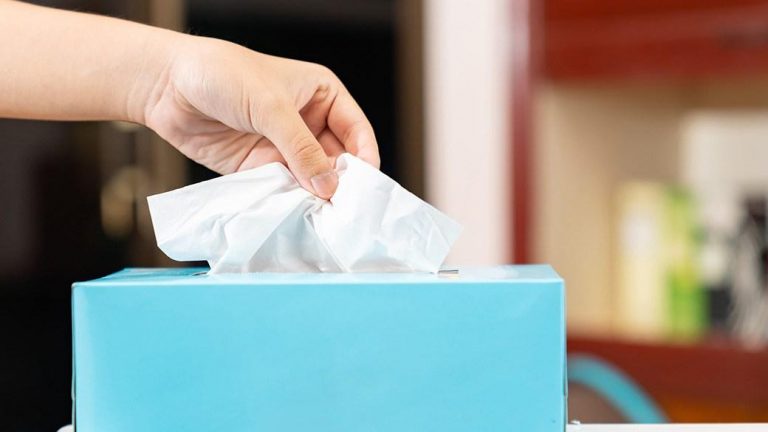Debtors’ prisons were abolished by Congress in 1833, which is good news for the millions of Americans.
According to a recent survey from Bankrate, nearly half of consumers (49 percent) say they carry a credit card balance from one month to the next, up a full 10 percentage points from 2021.
Related Articles
Why ‘blended travel’ gives short-term rentals a boost over hotels
30 years of change in single-parent household finances
What are life insurance living benefits?
More student loan changes are on the way. Here’s what to expect
Overdrawn checking account? Some banks still haul in millions in overdraft fees
And of those who revolve their balances, 58% (56 million people) — have been in debt for at least one year.
The recent uptick in borrowing is a big turnaround from the progress that consumers made in the early pandemic period. According to the Government Accountability Office, from April 2020 to December 2021, “many people likely used their pandemic stimulus payments to pay down their credit card balances. Pandemic assistance was also associated with better credit scores and fewer delinquencies.”
Of course, it was a lot easier to beat back debt levels when you were stuck in your house and annual inflation was running at a rate of 1.4%, like it was in December 2020.
As the economy opened up, consumers unleashed their pent-up demand and spent their savings and then some. Unfortunately, by mid-2021, the rise in prices was gathering steam and more Americans turned to credit cards to absorb higher expenses.
The Bankrate survey found that about a quarter of respondents said day-to-day expenses, like groceries, childcare and utilities caused debt to pile up.
Another 43% who carried a balance said that it was caused by unexpected or emergency expenses, like medical bills, or necessary car and home repairs.
Although the current percentage of people who carry credit card debt is similar to the share seen prior to the pandemic, today’s debtors have a bigger hurdle: as of November 2023, the average interest rate for all credit card accounts was 21.5% vs. 14.5% two years ago.
If you are seeking ways to dig out from under the mound of debt, start with the highest interest debt first and work your way down. You should also consider these actions:
— Call and ask for a lower credit card APR: A 2023 LendingTree report showed that 76% of people who asked for a lower interest rate on their credit card in the prior year got one. You may be able to get a reduced or waived annual fee, a higher credit limit and a waived late fee. You have nothing to lose, so pick up the phone and ask!
— Consider a zero percent balance transfer: This is usually for those with decent credit scores, but if you can snag one, a transfer can provide a year (or more) at 0% to pay off debt, without accruing any interest on the transferred balance. Warning: There are usually upfront fees and a higher interest rate at the end of the term if you can’t pay off the debt.
— Carefully weigh bankruptcy: This is a BIG step, but if you are really drowning, it may be time to discuss your situation with a qualified bankruptcy attorney. According to the federal court system, bankruptcy can help those “who can no longer pay their debts get a fresh start by liquidating assets to pay their debts or by creating a repayment plan.”
Personal bankruptcy does not erase all debts, like child support, alimony, parking violations and fines, student loans and recent federal and state income taxes owed.
Additionally, a bankruptcy can stay on your credit report for up to 10 years and can impair your ability to obtain credit during that time. Before unleashing judgment about bankruptcy, remember that the most common reasons that Americans file are job loss, medical debt, and divorce.
Related Articles
Will $20 minimum wage crush fast food in California?
Huge San Jose ranch may be preserved as open space: new deal
Elon Musk visits Auschwitz after uproar over antisemitic messages on X
NASA Ames builds the future. What’s next?
Travel Troubleshooter: This hotel room is way too small! Can I get my money back?
Jill Schlesinger, CFP, is a CBS News business analyst. A former options trader and CIO of an investment advisory firm, she welcomes comments and questions at [email protected]. Check her website at www.jillonmoney.com.











+ There are no comments
Add yours